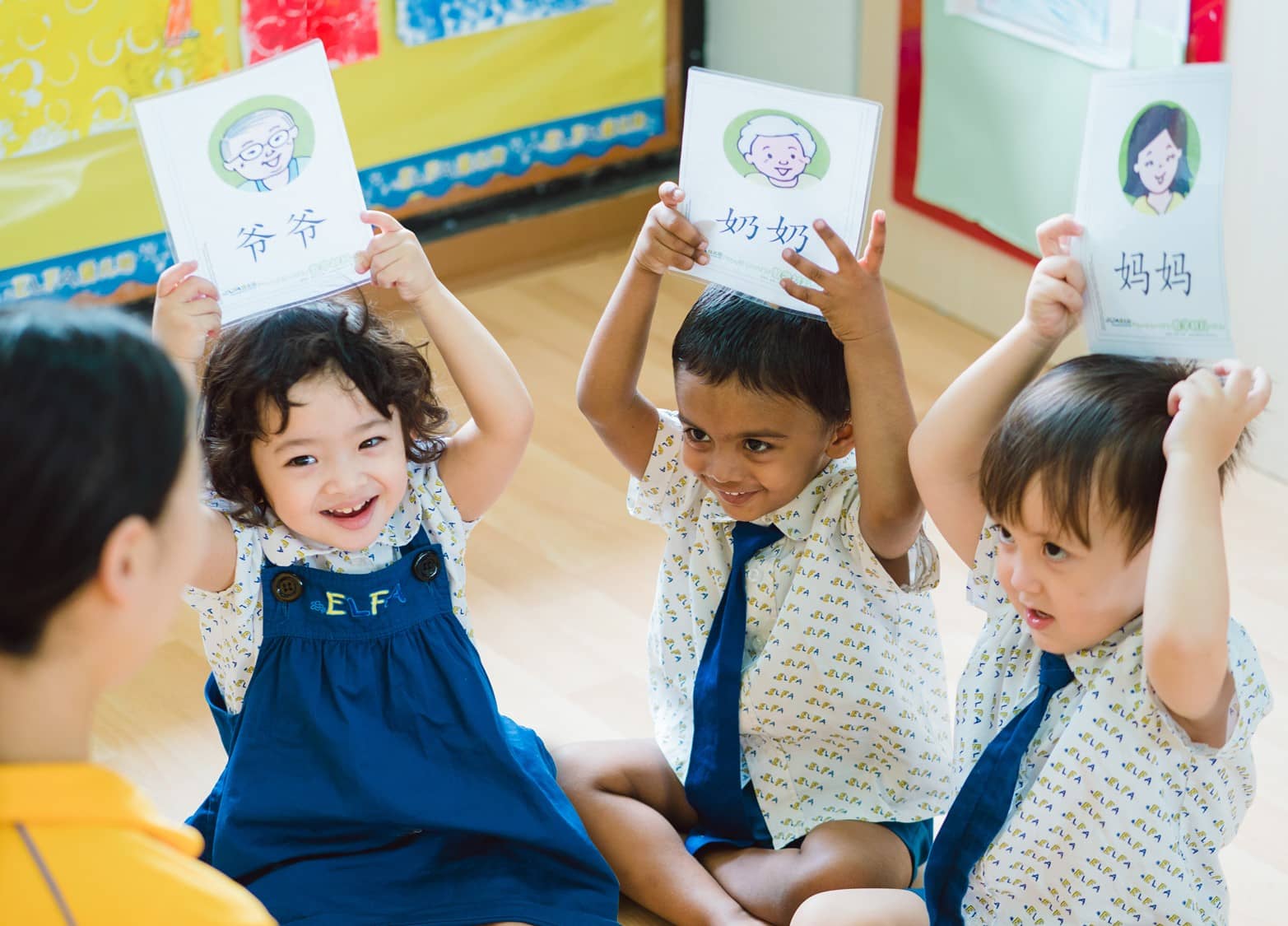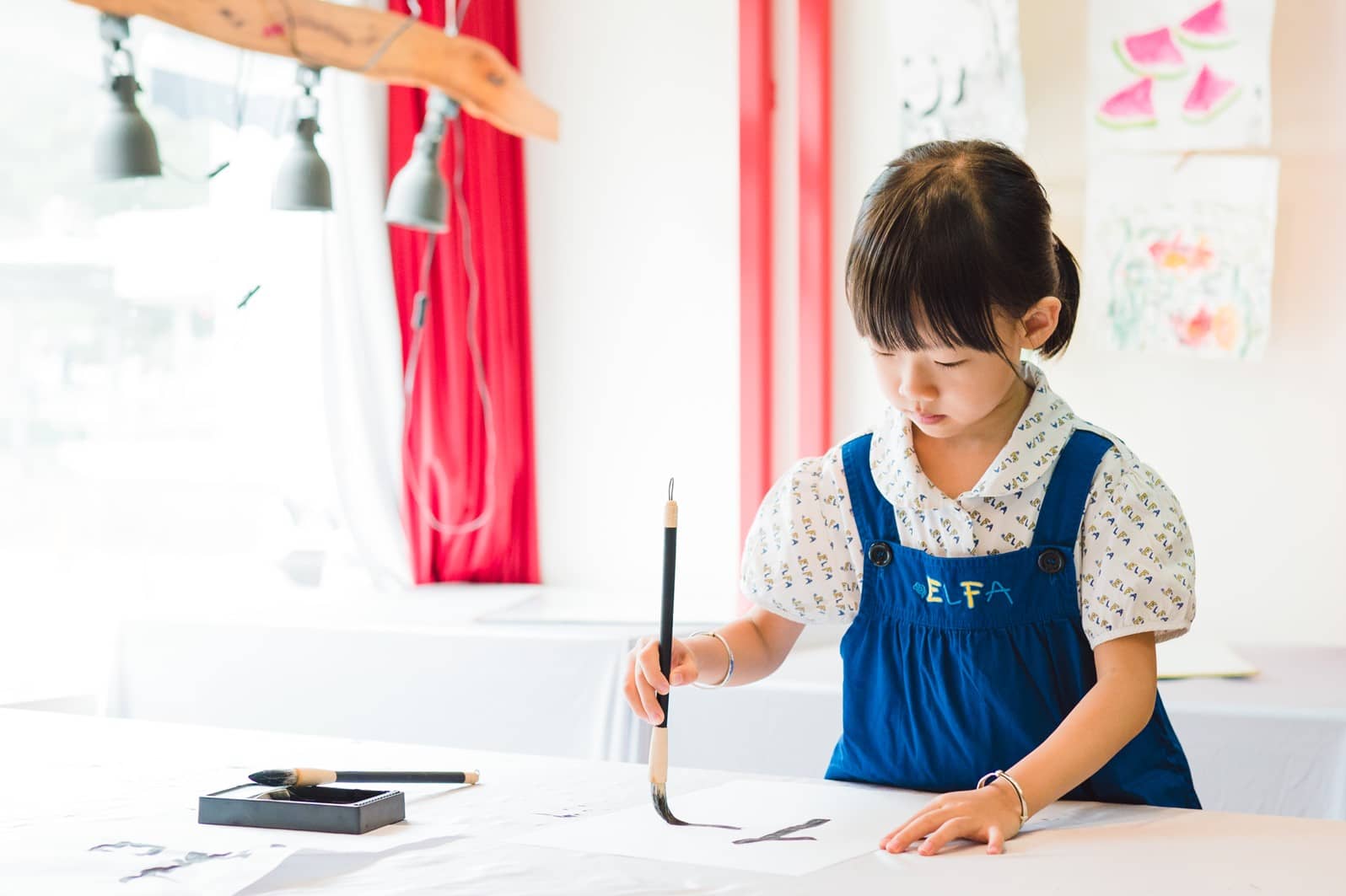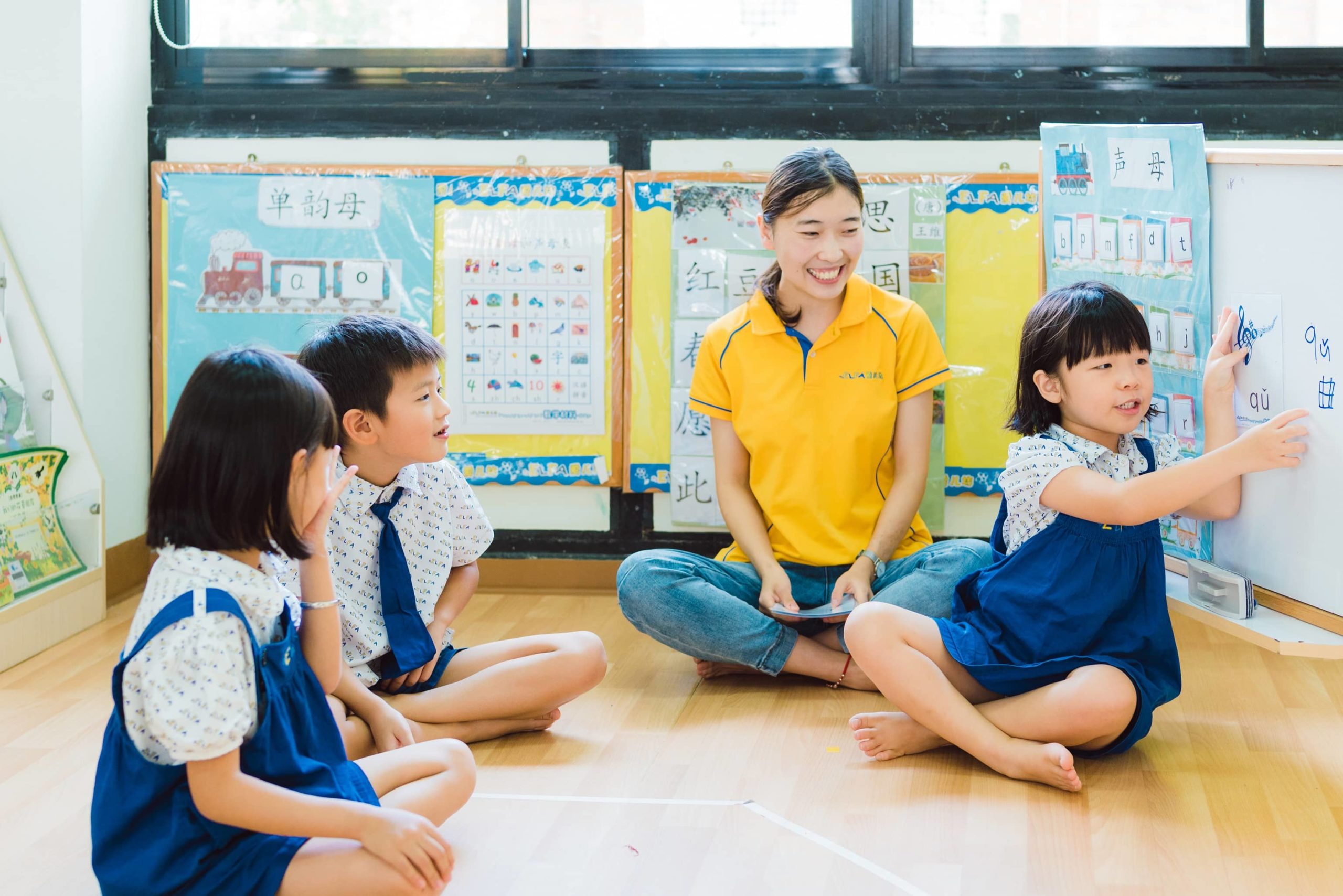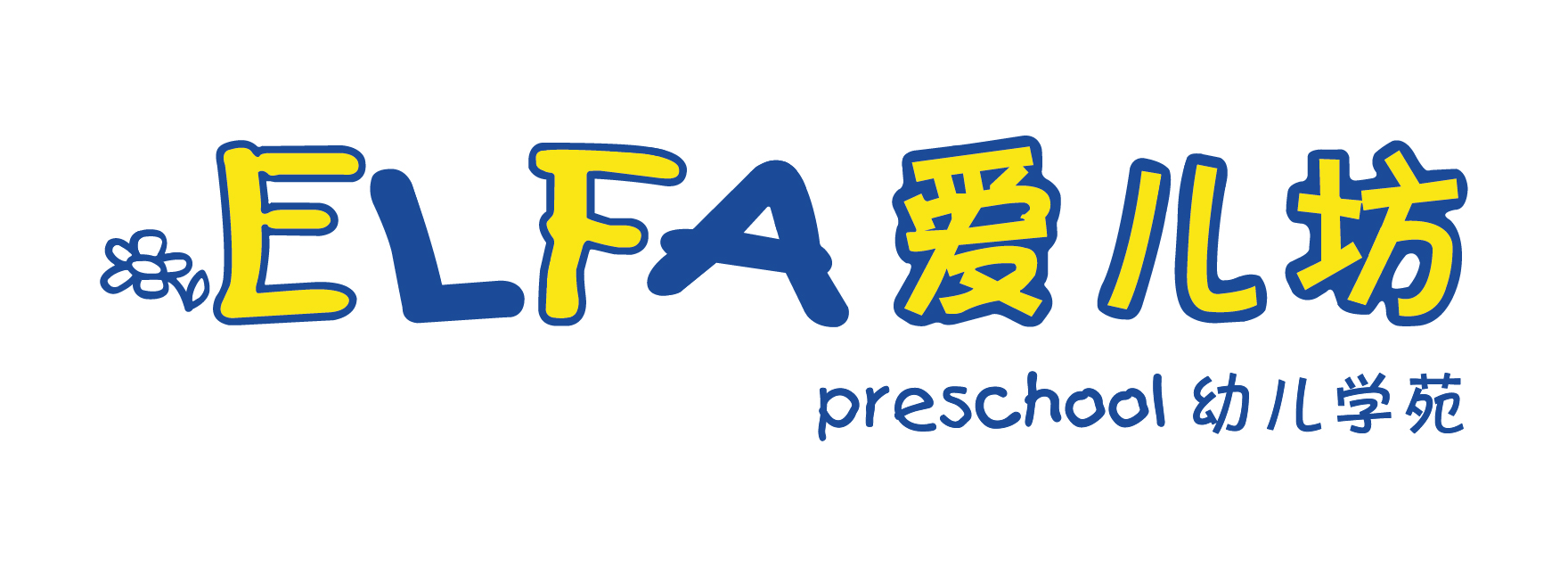In the early years of development, children possess an extraordinary capacity to learn new languages. This period, particularly so before the age of six, is ideal for introducing them to a second language. With Mandarin being the second most utilised language worldwide, its significance in our globally connected society stretches beyond basic communication.
In Singapore, where Mandarin is increasingly vital in both the local and global contexts, embracing bilingualism offers significant advantages. Bilingualism is more than just a linguistic skill in Singapore’s diverse cultural landscape—it has become a crucial bridge to cultural insights and cognitive growth.

Integrating Mandarin into early childhood development benefits children beyond linguistics, benefitting them in ways such as creativity, mental agility and social skills
Benefits of Early Bilingualism
Immediate Benefits:
- Cognitive Enhancement:
Bilingual children have been found to exhibit enhanced mental agility, problem-solving abilities, and task-switching skills. Bilingual children easily solve puzzles that require creative logic, a skill developed through regularly switching both languages. This mental agility enhances their ability to tackle diverse problems efficiently. - Language Proficiency:
Early bilingualism exposure enriches vocabulary and strengthens grasp of grammar and pronunciation. This enhances a child’s ability to understand and articulate their thoughts more effectively in both languages. - Memory and Concentration:
Acquiring a second language in early years strengthens neural connections in the brain, leading to improved memory. This enhanced ability to memorise information facilitates easier recall of everyday information, thereby fostering skills in critical thinking, strategic planning, and concentration. - Social and Communication Skills:
Bilingual children often excel in forming meaningful relationships across diverse cultures, understanding and adapting to their different cultural backgrounds. Their ability to understand and adapt to various cultural norms fosters an acceptance and appreciation for diversity.
Long-Term Benefits:
- Academic Advantages:
Bilingual children often excel academically, not just in linguistics but across disciplines like Science and Mathematics. Bilingualism cultivates the ability to process information from different perspectives, enhancing overall cognitive skills and analytical thinking. - Creative and Innovative Thinking:
The ability to process information from different perspectives also nurtures a mindset bolstering creativity and innovative problem-solving. More adaptable in learning and thinking, bilingual children are skilled to tackle problems from various angles to devise creative solutions. - Cultural Empathy and Global Awareness:
Learning two languages extends beyond enhancing communication skills; it significantly deepens cultural understanding and empathy. Bilingual children are often more sensitive to different cultural nuances, developing greater interpersonal skills and understanding in varied social settings. - Career Readiness in a Global Economy:
Being bilingual is a substantial advantage in the global job market. It equips individuals with the linguistic capabilities and cultural insights necessary to thrive in international business and diplomacy.
Common Parental Concerns
Parents may associate raising bilingual children with a few challenges. Parents often worry about language confusion, where young learners might mix languages, potentially delaying language development. Another concern is language preference, where children might favour one language, possibly affecting their proficiency in the other. Additionally, there is the challenge of maintaining a strong cultural identity in a bilingual environment and ensuring children equally embrace both cultural backgrounds. These concerns can be mitigated with strategies like gradual language introduction and balanced exposure. Research shows that with appropriate support, these issues can be alleviated, leading children to proficiency in both languages and a rich, multifaceted cultural identity.
Strategies for Nurturing Bilingualism
- Choosing the Right Educational Environment:
Opting for a school with an exceptional bilingual programme is key. ELFA Preschool, with its Chinese –integrated storybased curriculum aligned with the Hanyu Shuiping Kaoshi (HSK) International standards, offers a balanced and engaging bilingual learning experience. Our programme synergises English and Mandarin through interactive, thematic activities, fostering both linguistic proficiency and cultural understanding.
ELFA Preschool’s curriculum involves interactive, thematic activities such as Chinese calligraphy to build up linguistic capabilities and cultural understanding among our children
- Creating a Supportive Home Environment:
Regular engagement in both languages through storytelling, singing and meaningful conversations, reinforces bilingual learning. At ELFA, we also do encourage such interactions through meaningful home-learning activities to engage both parents and child to learn together. - Cultural Immersion:
Enhance your child’s language learning by introducing them to the cultural traditions related to each language, fostering a deeper connection and appreciation. And this is exactly how ELFA does it. We celebrate all local festivals to allow our children to gain more exposure to the various culture and tradition. Particularly in the area of Mandarin, our children celebrate Chinese festivals such as the Lunar New Year, Dragon Boat festival, Mid-Autumn Festival, Winter Solstice and more! Through the celebrations, children not only understand the purpose of each festival but also understand the story and traditions, and also the moral learnings behind each festivity. - Leveraging Bilingual Resources:
Use bilingual educational materials like books and videos, to supplement language learning. To better reinforce their learning, these materials should be provided in dual language whenever possible. At ELFA, our children are exposed to thematic learning where children would learn the same theme in two languages, to help them better relate their learning. For example, when children are learning about their family members, both English and Chinese terms are introduced to reinforce their learning and understanding.
The process of bilingual upbringing, while challenging, offers profound benefits. With appropriate support and resources, your child can thrive in a bilingual setting, preparing for a successful future in a globally interconnected world.

Mandarin lessons at ELFA Preschool. ELFA Preschool provides a supportive and nurturing bilingual environment to prepare our children for an increasingly connected world
Interested in exploring your child’s journey to bilingualism? Contact us for more information. At ELFA, we are committed to creating a supportive bilingual environment that nurtures young learners, fostering their confidence, cultural competence, and readiness for future opportunities.
